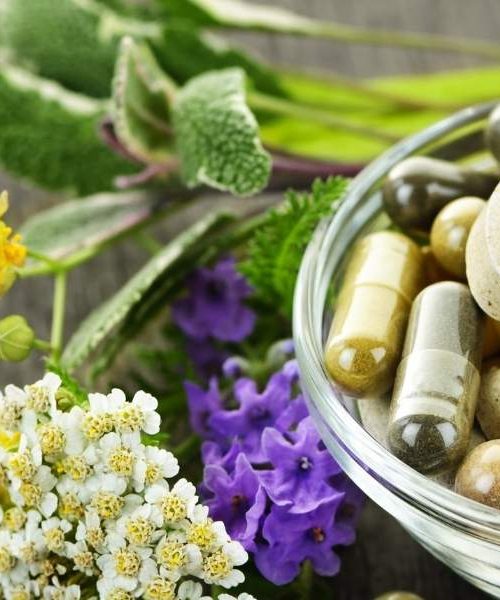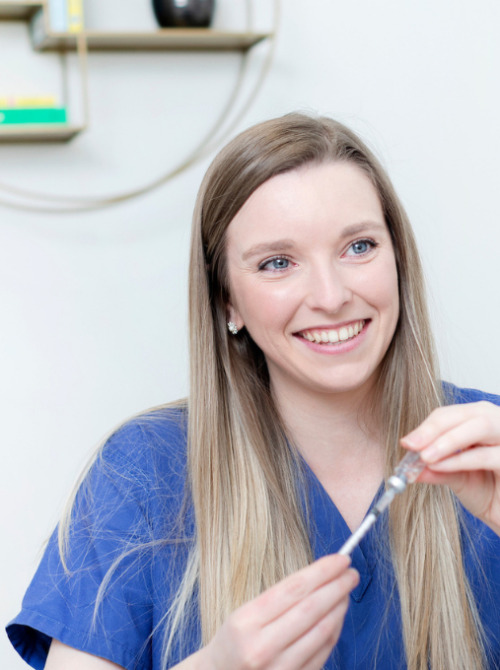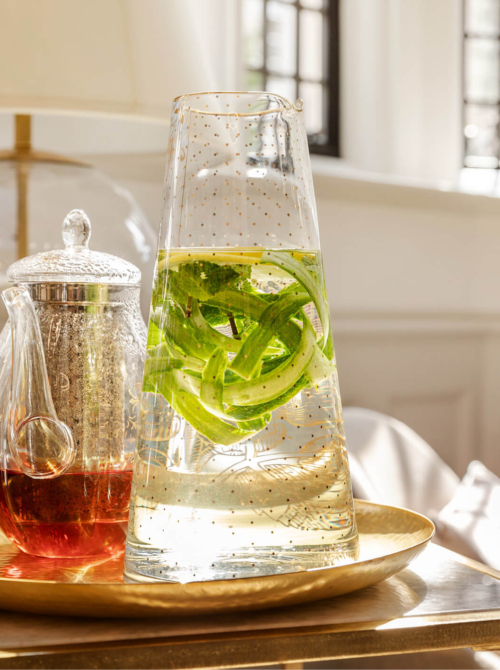The low down on fertility vitamins
Struggling with fertility and trying to conceive can feel very frustrating and disheartening. There are a plethora of fertility treatments out there, which at times can be quite overwhelming.
What are the best fertility vitamins to get you pregnant?
One treatment you can undertake at home with relative ease is changing your diet and/or adding supplements to ensure you are getting the vitamins you need to boost fertility.
By consuming the right fertility vitamins to get pregnant, you can increase your chances of conceiving at a relatively low cost without making huge changes to your lifestyle. Getting the right vitamins to help fertility is also a great idea if you are planning to undergo IVF treatment as it can help to increase the chance of success.
Fertility vitamins are not just for females, males can also increase their fertility by ensuring they are getting enough of the right vitamins too.
The role of vitamins for fertility and health

The science of how micronutrients and vitamins affect fertility is still relatively new, so we do not yet have a full understanding of the relationship between them. Nonetheless, research is uncovering more and more every day and we know that vitamins can affect fertility. We also know that certain micronutrient and vitamin deficiencies can lead to fertility problems, so you will want to make sure you are not deficient. Vitamins are essential for many functions in the body, including:
1) Ovulation and menstruation
2) The production of energy
3) Thyroid function
4) Supporting the immune system
5) Egg quality and maturation
Getting the correct amount of nutrients is important to ensure the body is healthy and can therefore support a pregnancy, without them the body suffers and can become infertile. For men, certain supplements may also have the potential to increase sperm count and motility. It is still important to remember though that this science is still in its infancy and is not wholly conclusive.
Below are a few of the most common fertility vitamins and nutrients.
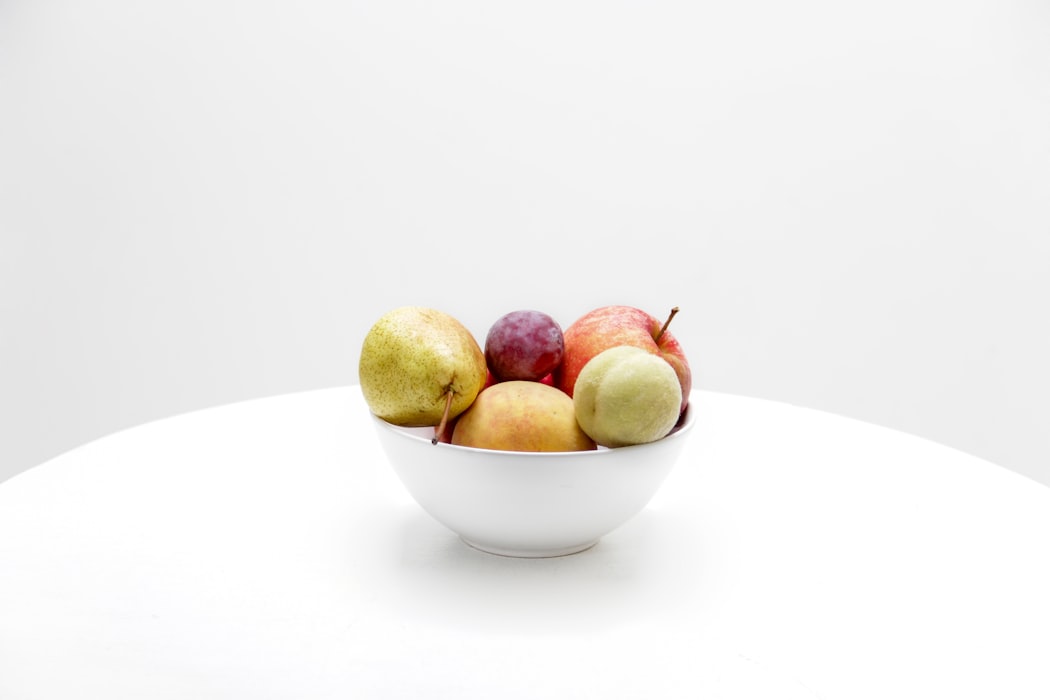
Acetyl L-Carnitine
Acetyl L-Carnitine is claimed to have fertility benefits for both men and women. In men, research has suggested that it can increase sperm motility, whereas in women its high antioxidant status can promote a healthy reproductive system. Scientific research on it being able to increase fertility is very limited, however, it does help the body to produce energy in order to stay healthy.
B Vitamins for Fertility (B-1, B-2, B-3, B-6 and B-12)
It is speculated that getting plenty of the many B Vitamins (1, 2, 3, 6 and 12) is associated with a lower risk of infertility. Some studies have also drawn a link between low levels of vitamin B-12 and female infertility, whereas higher levels may enhance fertility in women undergoing infertility treatment.
There is also a tenuous link between B vitamins and sperm quality as well, although more research is needed.
Vitamin B-9
If you have been researching fertility vitamins and vitamins to get pregnant then you have probably heard about Vitamin B-9 (folate). Vitamin B-9 is important for both female and male fertility.
In women, it is essential for foetal development as lower levels are associated with an increased risk of neural tube birth defects including spina bifida. Adequate intake can boost progesterone levels whereas low levels can also lead to irregular ovulation.
Supplementation has been speculated to also increase chances of conception and improve the success of fertility treatments.
In men, lower levels of folate in semen are linked to poor sperm health. Increasing levels of folate by supplementation may help to improve semen analysis results.
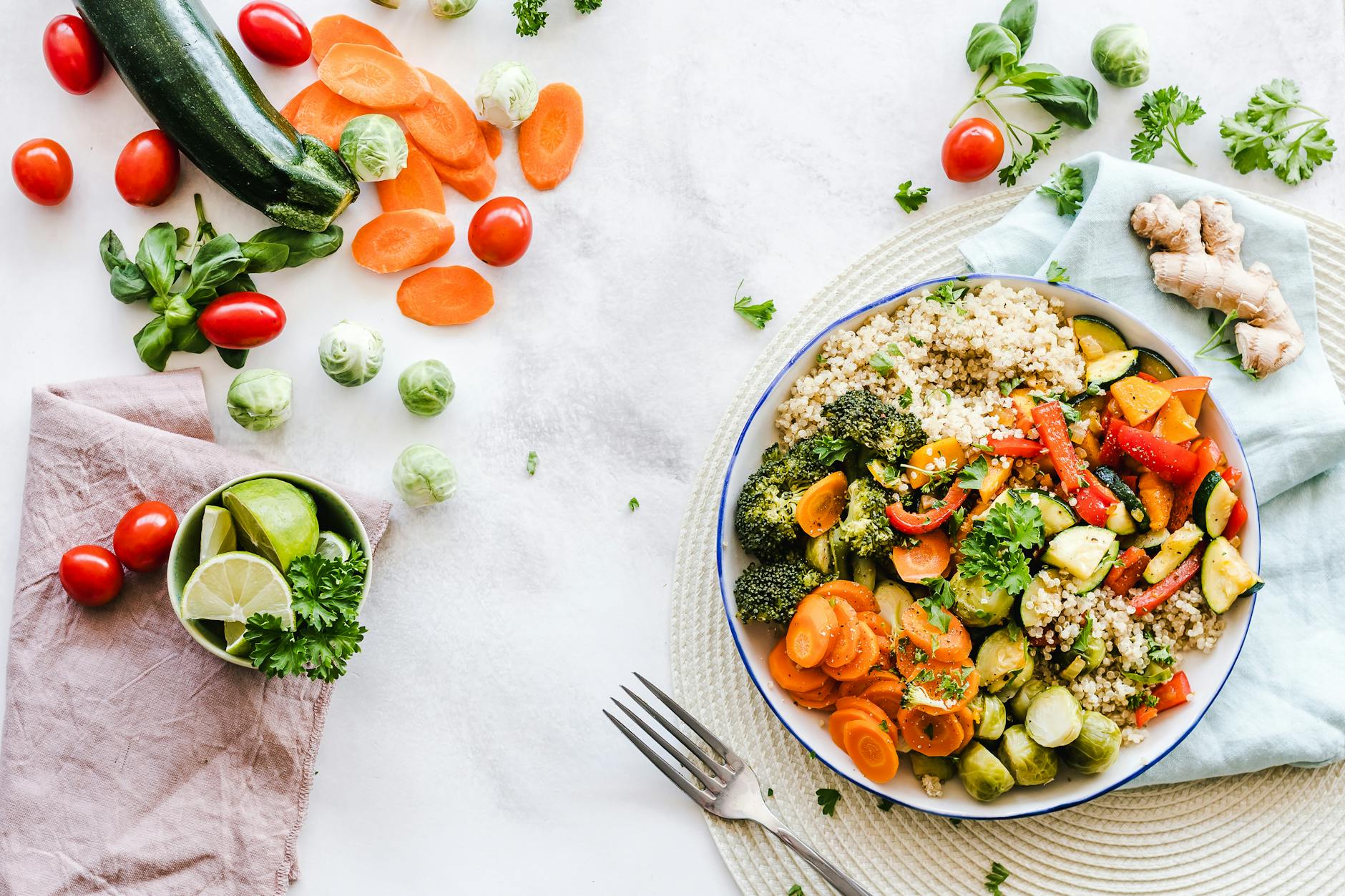
Vitamin C and Vitamin E
When taken together, C and E are vitamins to boost fertility by helping to improve the quality of male sperm. Vitamin C is a powerful antioxidant that has multiple health benefits, in relation to sperm it can help to improve the number, mobility and possibly the integrity of sperm DNA.
The antioxidant properties of both vitamins mean that they also support general reproductive system health.
Vitamin D
Vitamin D is claimed to improve both the quality of semen and ovarian stimulation. Several studies have linked a deficiency in vitamin D to infertility in women. Another study into women who struggled with infertility due to polycystic ovarian syndrome also showed they had low levels of vitamin D; although women with unexplained infertility did not show low levels of vitamin D.
Calcium
There is no conclusive research that suggests calcium can help to boost fertility. Calcium is involved in the production of sperm though, so it is important to prevent deficiencies in order to keep producing healthy sperm.
Iron
Iron is particularly important, as a deficiency can cause ovulatory infertility as well as anaemia. In previous studies supplementing with iron has appeared to decrease the risk of ovulatory infertility in women.
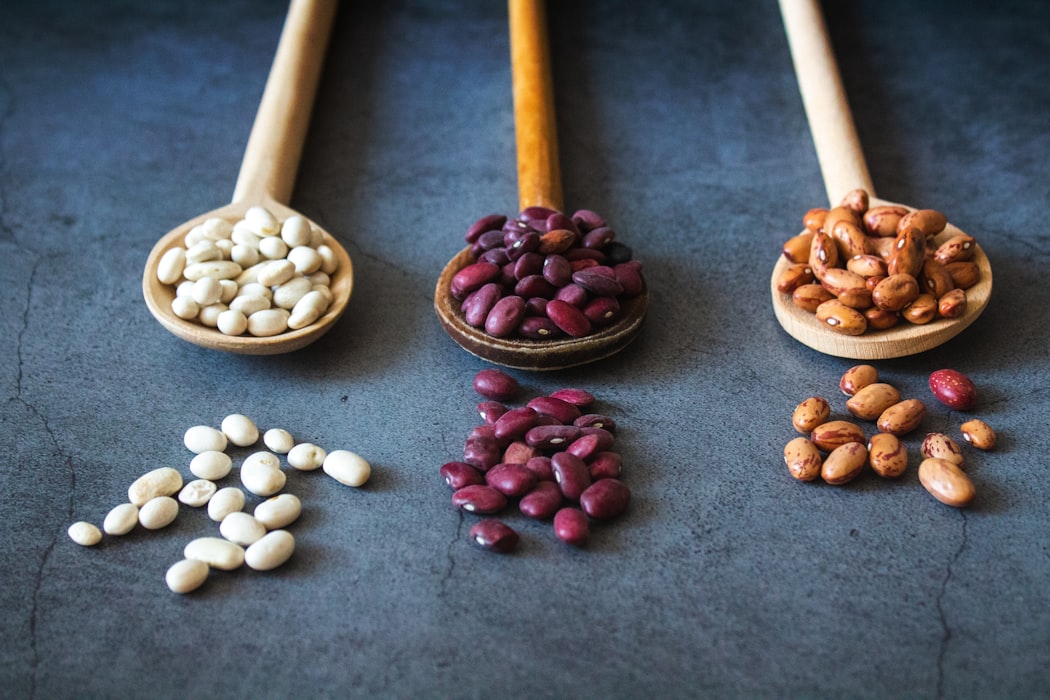
Selenium
Selenium has been claimed to improve semen quality, as well as reduce the risk of a miscarriage. Research has reported that a deficiency in this mineral can possibly be a factor that can lead to miscarriage as well as poor semen quality and sperm motility. It may also help to support the health of follicular fluid surrounding women’s eggs.
Limited research has also suggested that supplementing a combination of selenium and vitamin E can improve semen quality and sperm motility, as both are necessary for the production of sperm.
Zinc
Zinc plays an essential role in the formation of sperm and deficiencies are possibly linked to low-quality sperm. Nonetheless, the link between zinc and male fertility is at best tenuous as a recent study of supplementing zinc and folic acid did not improve sperm count, function or birth rates.
In women, studies have shown that lower levels of zinc can be associated with taking longer to conceive.
Resveratrol
Some research suggests that a glass of red wine a day is good for you as it contains resveratrol, which is a potent antioxidant that can help improve egg quality in women with endometriosis or PCOS.
Nicotinamide (Vitamin B3)
A recent study has suggested that supplementation with Nicotinamide, can help reduce age-related damage to eggs. Further research is needed to confirm this but it remains a promising supplement.

Should I start supplementing vitamins to help fertility?
Because there are so many vitamins and minerals that may influence fertility, sometimes it can be more convenient to take a high-quality multivitamin instead of a large batch of multiple vitamin supplements.
With that being said, the relationship between fertility and vitamins still needs more research. Fertility is influenced by so many factors beyond your control, such as age and genetics, however, it can feel good to take back control where you can. It is worth boosting vitamins to get pregnant and stay healthy during pregnancy, but they are not a proven answer to fertility problems.
Even if vitamins do not help you to conceive, they are still vital for other functions of your body, so no harm can be done. Especially as some research does show that vitamin and mineral deficiencies can harm your fertility, so whilst making sure you are getting sufficient vitamins may not improve your fertility, it certainly will help prevent a harmful deficiency.
How can we help?
At The Evewell we care deeply about all of our patients and their loved ones. If you are worried about your fertility or considering treatment, please get in touch with us to see how we can help. We can arrange a consultation with one of our specialist doctors to guide you through any options or refer you to our fertility counsellor for support. Whatever your needs, we are here.
Get in touch by either emailing us at appointments@evewell.com or giving us a call on 020 3974 0950.
